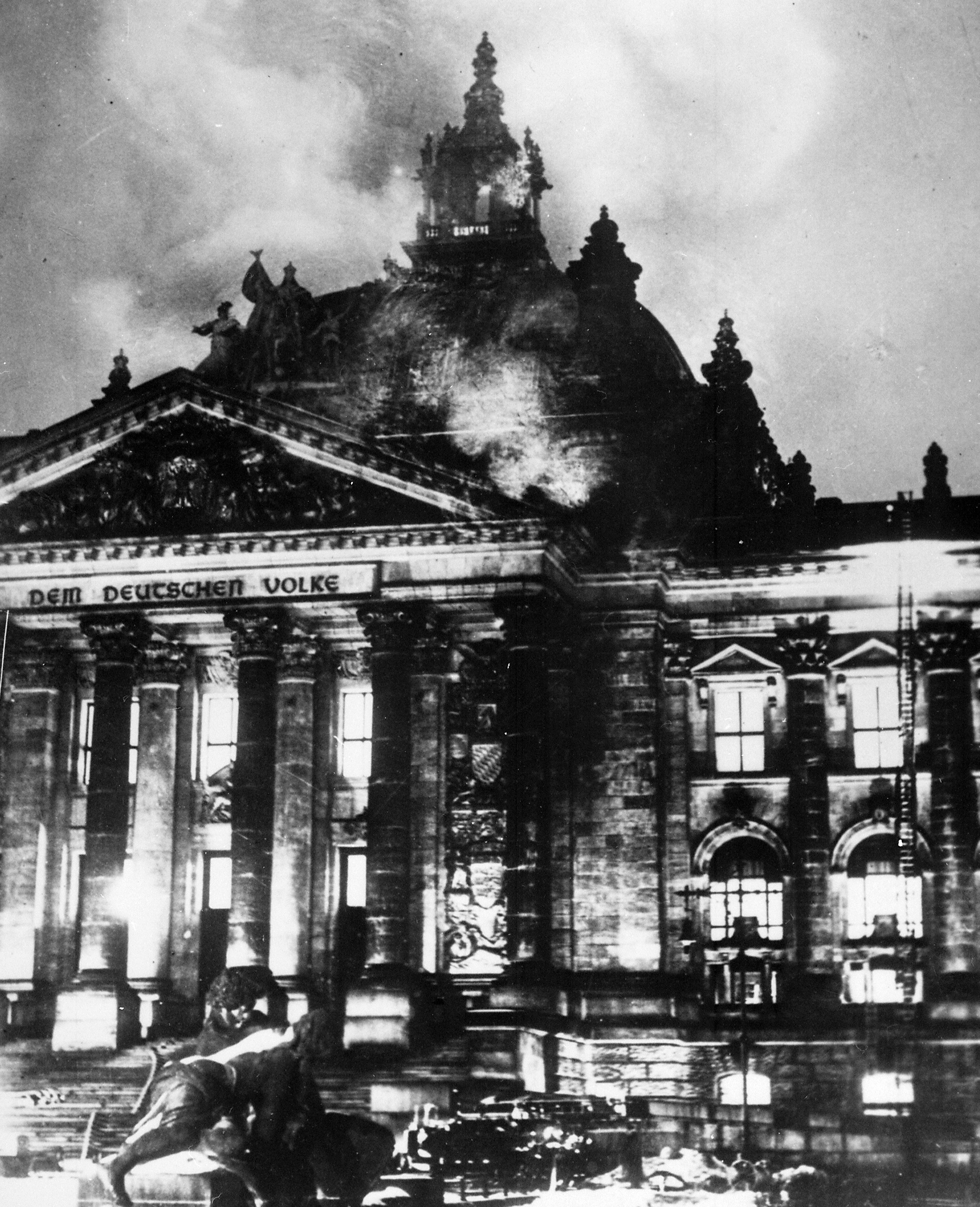1. In the view of progressives, what was wrong with American society? What solutions did they propose to address social problems?
In the view of the Progressives, American society needed more social and political programs as to best benefit its workers and citizens. The Progressives advocated for government services that would improve the lives of its inhabitants.
As far as social reform, they wanted health service that would include all government medical agencies, social insurance for unemployed, elderly, and disabled, farm relief, workman’s compensation, inheritance tax, and a constitutional amendment that would allow a federal income tax.
As for political reform, they wished to adopt women’s suffrage, primary elections for state and federal nominations, and the direction election of US Senators.
The Progressive platform also strongly recommended that states adopt certain measures for direct democracy. These measures included the recall election, allowing constituents to remove an elected official from office, the referendum, allowing citizens to vote on a law through pure popular vote, the initiative, allowing constituents to propose laws via petition and then decide on it by popular vote, and lastly the judicial recall, allowing citizens (via popular vote) to override a court who has declared a law unconstitutional.
2. What were the major sources of the progressive movement? Which of those sources were most significant, and why?
The Progressive movement was a political melting pot containing people of many different political backgrounds. It began when Theodore Roosevelt decided to challenge President Taft for Taft’s re-election. Roosevelt did not approve of Taft’s increasingly conservative policy, and Roosevelt could not get the Republican party’s nomination for the next election. Thus, he had to create his own party: the Progressive Party of America.
Roosevelt told his political delegates to help him form a new party for his presidential campaign. Governor of California, Hiram Johnson was the chairman of the new party, Frank A. Munsey funded much of the new platform, and George W. Perkins became the organization’s executive secretary.
Initially, only five of fifteen Progressive Republican Senators declared support for Roosevelt’s new party. Many Republicans were afraid of hopping onto the Progressive platform, as there did not seem to be much of a political future for them if they did. However, the Republican party offered a strong platform to loyal participants who eventually sought higher political office. But, the Progressive party did gain some support from Independents who did not desire to be a part of the Republicans or Democrats, but were willing to join the Progressive movement.

